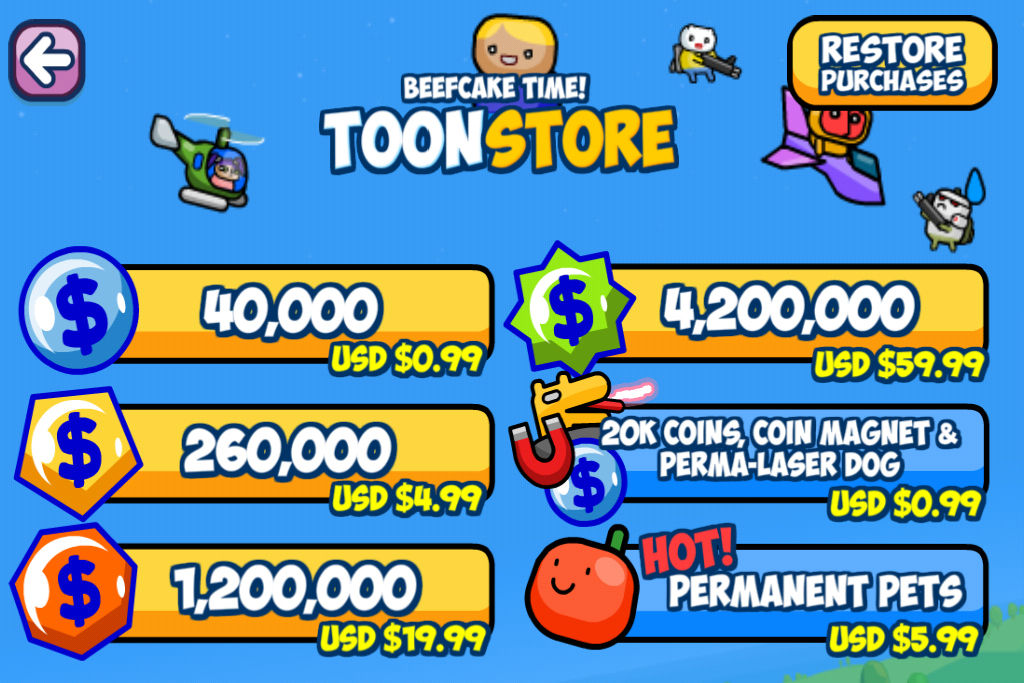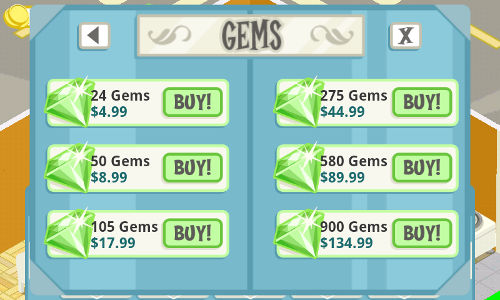Google’s Going To Stop Saying Game Apps Are ‘Free’ When They’re Clearly Not
Apple will happily keep sneaking your money, though.

Tech giant Google has agreed to stop labelling apps ‘free’ when they offer in-app purchases, after copping heat from the European Commission.
Both Apple and Google have been pushed by the Commission to change how free-to-play games are marketed and presented in the iTunes and Google Play markets, following a ton of incidents where users, including children, would be stung for sneaky in-app purchases. Google has decided to side with the European Commission’s decision when it comes to how mobile games are being marketed, and as a result will remove the word “free” from games with in-app transactions.

A whole heap of mobile and tablet-based games are advertised as “free-to-play,” but are really anything but. Some apps may be free to initially download but hound users, sometimes children, to shell out cash to buy power-ups or even keep playing at all.
The worst offender? Probably this guy, a Super Mario Bros clone that asks you to pony up $100 mere seconds after booting up the game. Yep.
Parents have sometimes been shocked by surprise bills of hundreds or thousands of dollars, and a number of them brought a class-action suit against Apple, filed with the Northern District of California Court on 11 April, 2011. The legal action cited apps aimed at children that are free to download, but encourage users to spend money in-game on goods such as fruit, vegetables, ammunition and currency, and Apple settled the case and paid $32.5 million compensation. Apple also refunded this dad $6,000 for his daughter’s app bills last year.
They didn’t learn their lesson then, but things might finally be changing — over the weekend the European Commission issued a public statement to Google and Apple saying that “games advertised as ‘free’ should not mislead consumers about the true costs involved”. The Commission also recommended that games “should not contain direct exhortation to children to buy items in a game or to persuade an adult to buy items for them”, and that “consumers should be adequately informed about the payment arrangements for purchases”. So “don’t be a dick”, basically.
As well as getting rid of the word ‘free’, Google has now agreed to come up with new guidelines for developers to avoid encouraging children, and will also add approval prompts to all apps by default.

The Commission praised Google for its actions, while Apple has faced criticism for being slow to act.
“Regrettably, no concrete and immediate solutions have been made by Apple to date to address the concerns linked in particular to payment authorisation,” the Commission said in a statement.
“Apple has proposed to address those concerns. However, no firm commitment and no timing have been provided for the implementation of such possible future changes.”
It’s no wonder Apple is hesitant to change the rules – as much as 71% of app revenue comes from in-app purchases, as reported by TechCrunch.
–
David Swan is a Melbourne-based writer and is the Associate Editor of tech news site iTWire. Follow him on Twitter @MrDavidSwan.